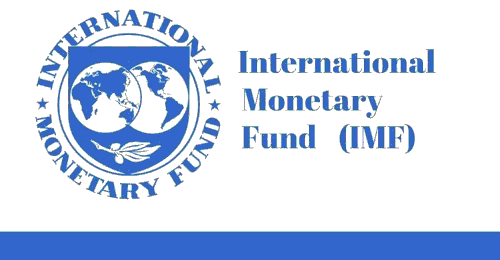MEXICO CITY (Reuters) – Mexico should implement larger near-term fiscal support to alleviate economic distress, the International Monetary Fund said on Tuesday, recommending the government expand its welfare net and unemployment benefits.FILE PHOTO: The International Monetary Fund logo is seen during the IMF/World Bank spring meetings in Washington, U.S., April 21, 2017. REUTERS/Yuri Gripas
In preliminary findings reported after a visit to Mexico, the IMF said Latin America’s second-largest economy should also further lower interest rates to help the recovery from the worst contraction since the 1930s Great Depression, largely induced by measures to contain the coronavirus pandemic.
In its report, the Washington-based IMF proposed tax reform to support spending in the medium-term. The Mexican government has resisted raising taxes, although it has made efforts to increase tax collection and enforcement.
Mexican Deputy Finance Minister Gabriel Yorio later responded on Twitter by saying the government disagreed with some of the IMF recommendations, in particular the idea of raising taxes in the middle of a major recession.
Despite emerging from the political left, Mexican President Andres Manuel Lopez Obrador has kept a tight lid on spending and borrowing, with his fiscal response to the pandemic the smallest among G20 economies.
Widely remembered in Mexico for making the case for welfare spending cuts in return for debt relief in the 1990s, the IMF is now advocating globally greater fiscal stimulus and public investment to end the slump.
Mexico’s poor and vulnerable are disproportionately bearing the burden of the recession, the IMF said, with the population in working poverty jumping from 36% to 48%.
“Mexico has some fiscal space and enjoys comfortable market access that could be used during these difficult times,” the IMF said, suggesting temporary fiscal support of 2.5%-3.5% of GDP to be focused on health, business and households.
Social safety nets could be increased to include people who are likely to fall into poverty and informal workers in hard-hit sectors, it said.
Lopez Obrador has funded a handful of social programs aimed at students, young unemployed, rural populations and the elderly. However, Mexico does not have a universal unemployment benefit, and many who have lost their jobs in the pandemic are not eligible for welfare support.


